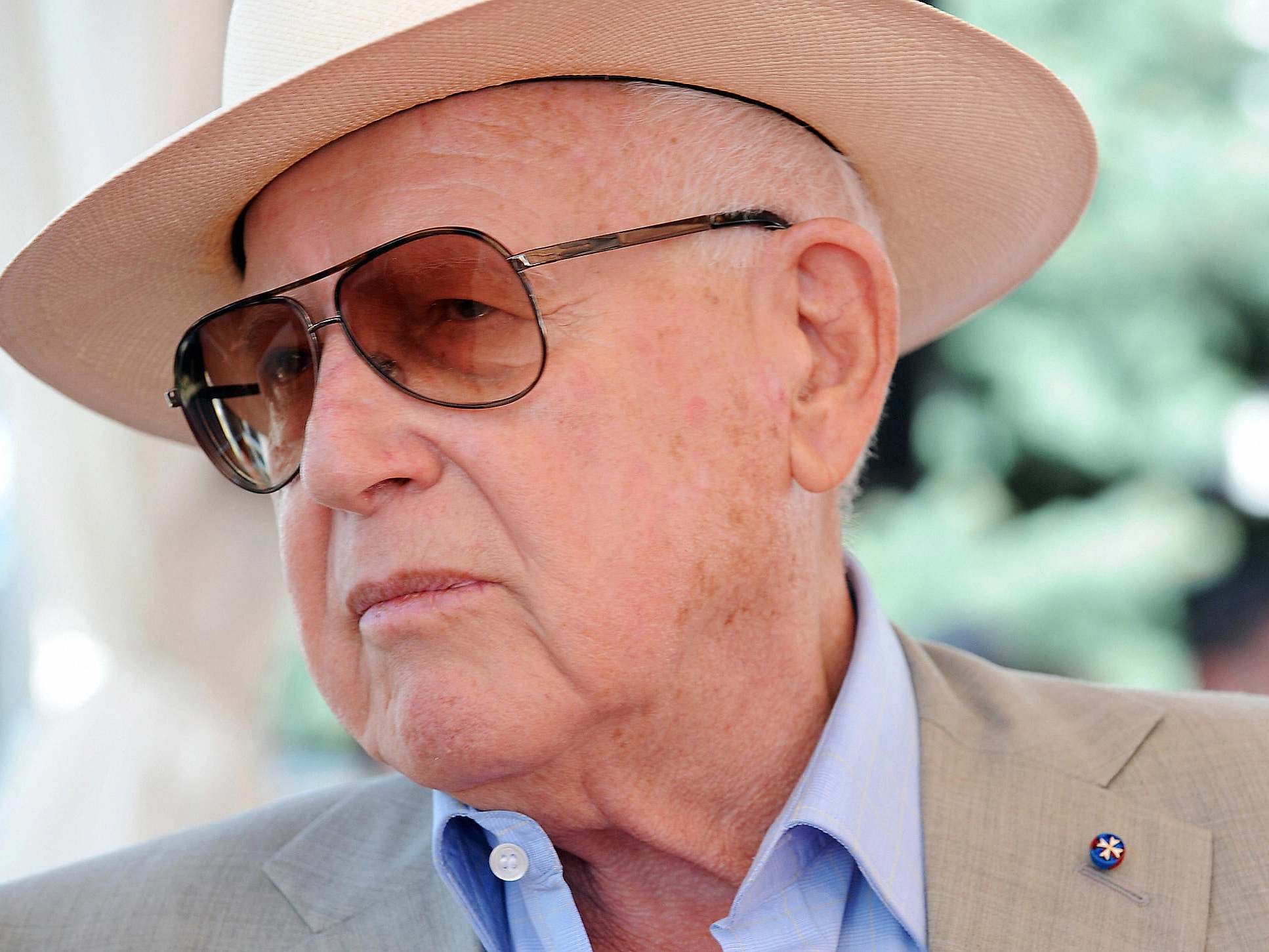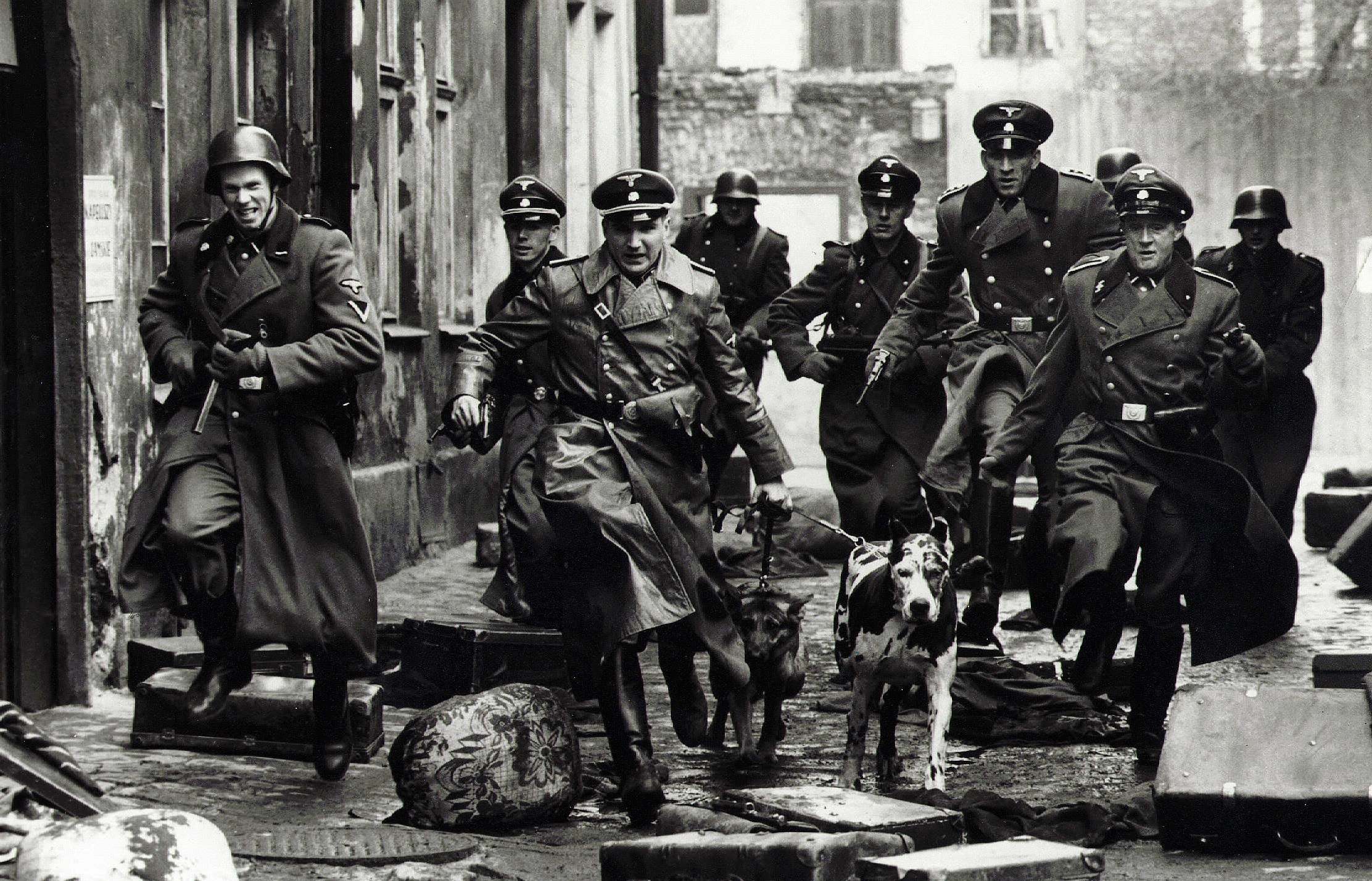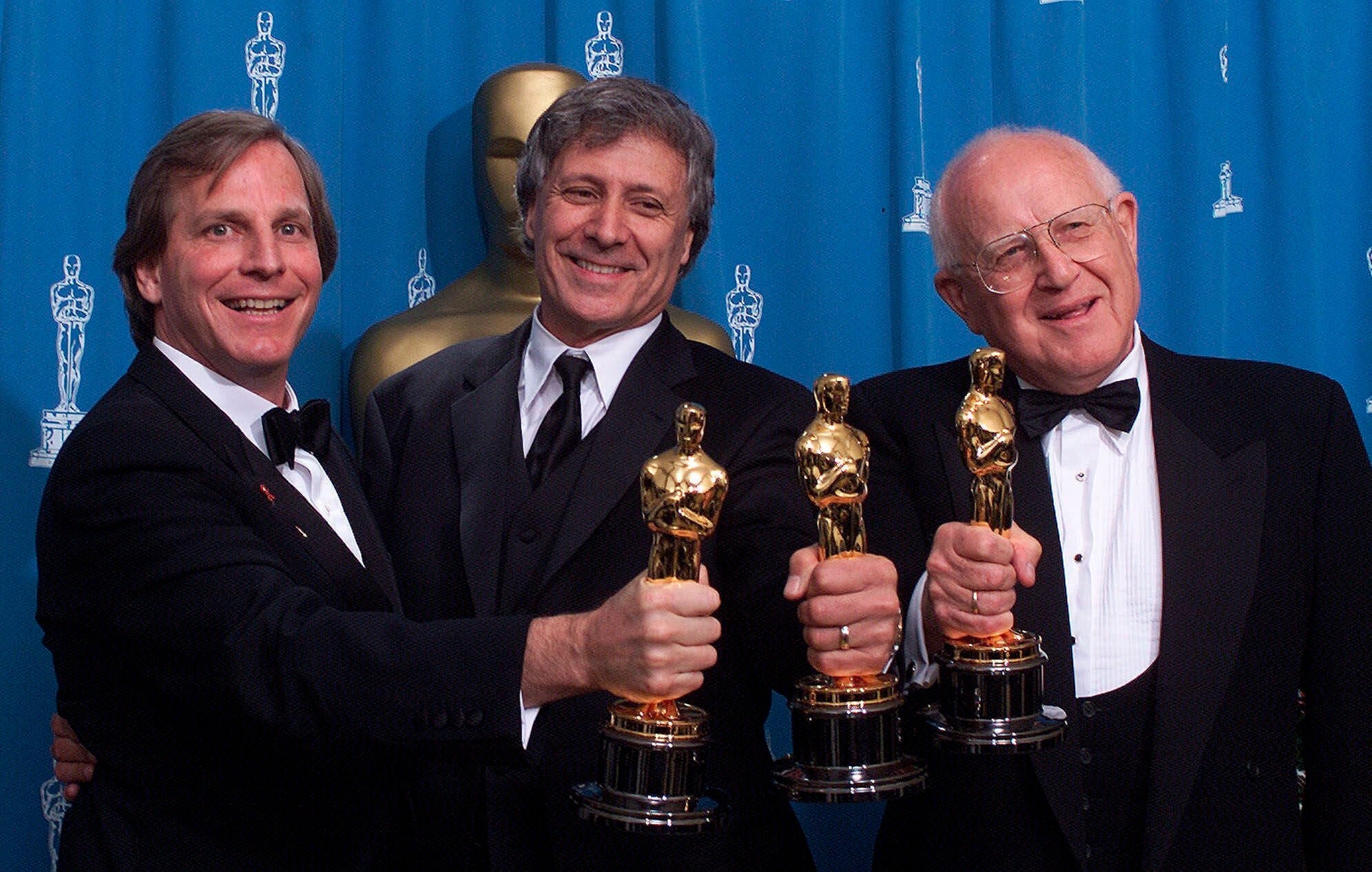Branko Lustig: Holocaust survivor and Oscar-winning producer of Schindler’s List
He considered it his goal to preserve the memory of the victims and tell their stories

Your support helps us to tell the story
From reproductive rights to climate change to Big Tech, The Independent is on the ground when the story is developing. Whether it's investigating the financials of Elon Musk's pro-Trump PAC or producing our latest documentary, 'The A Word', which shines a light on the American women fighting for reproductive rights, we know how important it is to parse out the facts from the messaging.
At such a critical moment in US history, we need reporters on the ground. Your donation allows us to keep sending journalists to speak to both sides of the story.
The Independent is trusted by Americans across the entire political spectrum. And unlike many other quality news outlets, we choose not to lock Americans out of our reporting and analysis with paywalls. We believe quality journalism should be available to everyone, paid for by those who can afford it.
Your support makes all the difference.Branko Lustig was just a boy, newly arrived at Auschwitz, when he witnessed a scene that would be seared into his memory. Seven prisoners at the Nazi death camp were to be hanged in a public execution, and Lustig found himself in the front row before the gallows. Years later he recalled: “Moments before they were hanged, before the bench was kicked out from them, they all said as one: ‘Remember how we died. Tell the story about us.’”
Lustig was 12 years old and suffering from typhoid when he was liberated from another Nazi camp, Bergen-Belsen, in 1945. He returned to his native Croatia and, in time, embarked on a film career that would take him to movie sets across Europe and to Hollywood, where in 1994 he shared the Academy Award for best picture as a producer of director Steven Spielberg’s Holocaust drama Schindler’s List.
“It’s a long way from Auschwitz to this stage,” Lustig said at the awards ceremony. “I hope I fulfilled my obligation to the innocent victims of the Holocaust.”
Lustig, who has died aged 87, received a second Oscar as a producer of Gladiator (2000), the Ridley Scott epic of ancient Rome starring Russell Crowe. Lustig was producer or executive producer on a number of Scott’s films including Black Hawk Down (2001), based on a disastrous US military operation in Somalia in 1993, and American Gangster (2007), starring Crowe as a New York police officer who pursues a drug kingpin played by Denzel Washington.
But Lustig was best known for his work on Schindler’s List and other films that, while sometimes criticised by survivors and others who oppose the dramatisation of the Holocaust, have been widely credited with helping to preserve the memory of that time, as it recedes ever further into the past.
Among Lustig’s first American films was Sophie’s Choice, a 1982 adaptation of William Styron’s novel about a Polish woman who is sent to Auschwitz and forced to choose which of her two children will be murdered. Meryl Streep played the title character and received the Oscar for Best Actress for the film, which was filmed partly in Yugoslavia, with Lustig as production supervisor.
Later in the decade he was an associate producer of two TV series, based on Herman Wouk’s epic Second World War novels, the 18-hour Winds of War and 30-hour War and Remembrance. The latter was the first occasion when officials in Poland, where Auschwitz is located, allowed filmmakers to film at the camp for a major commercial project.

Schindler’s List, based on a book by Thomas Keneally, starred Liam Neeson as Oskar Schindler, a German industrialist who was credited with saving more than 1,200 Jews during the Holocaust by giving them jobs in his factory. Lustig was responsible for production work, including recreating a concentration camp in a Polish quarry, preparing the way for filming in Krakow, and assembling the massive cast of extras. Lustig himself had a cameo as a maitre d’ at a Nazi nightclub.
Lustig was born in 1932, in the city of Osijek, then in Yugoslavia, now Croatia. Roughly 30,000 of the 39,000 Croatian Jews would be killed during the Holocaust by the Nazis and the fascist Croatian Ustasa regime, according to the US Holocaust Memorial Museum.
He was interned in labour camps before being sent to Auschwitz in the spring of 1944. When British troops arrived in April 1945 to liberate Bergen-Belsen, the camp in Germany to which he had been transferred, he heard the sound of bagpipes and concluded he was dead. “I’m in heaven finally,” he recalled thinking, “and these are angels playing.” He and his mother were among the only members of the family to survive the Holocaust.
Lustig studied at the theatrical academy in Zagreb before making his first foray into movies as a film translator. Among his first noted projects was The Tin Drum (1979), director Volker Schlondorff’s adaptation of the novel by the German writer and future Nobel laureate Gunter Grass. Lustig was an assistant director.

He was a producer of The Peacemaker (1997), a geopolitical thriller starring George Clooney and Nicole Kidman, as well as Ridley Scott collaborations including Hannibal with Anthony Hopkins (the 2001 sequel to The Silence of the Lambs from a decade earlier), Kingdom of Heaven (a 2005 epic set during the Crusades) and A Good Year (a 2006 romantic comedy starring Crowe).
Lustig said he was acutely aware that, as survivors died, only books and films would remain to tell the story of the Holocaust: “Maybe the reason I survived the camps was to help make movies about them, to show people what happened.”
He is survived by his wife Mirjana and a daughter.
Branko Lustig, film producer, born 10 June 1932, died 14 November 2019
© Washington Post
Join our commenting forum
Join thought-provoking conversations, follow other Independent readers and see their replies
Comments